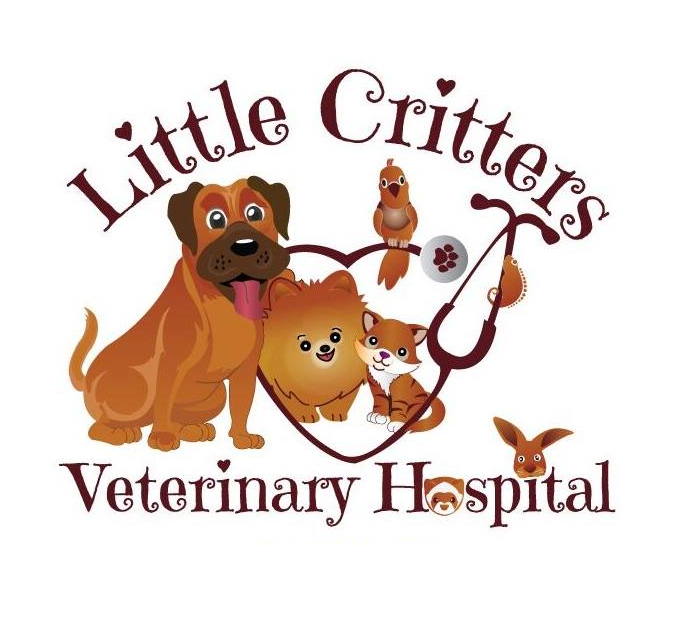Hi there, I have a baby female Indian ring neck that I’ve had for 3 weeks. I hand feed her myself 4 times a day using a dropper n baby mix. She is 5 weeks old now
she is overall, in my opinion, healthy. She is active, runs around, screams, and asks for food when it’s time, however, today when she was in her box, which she can get in and out of, I noticed she was lying down Flat. She was dozing off, she Was responsive when I called her. I kept her with me and she Leaned against my arm and started sleeping, again completely flat. Is this normal behaviour??
she also droops her wings when she is sitting still or relaxed, is this normal??
she was also sneezing a lot yesterday morning and there was liquid too, tho clear n today her right nose was blocked, tho it’s open now and she isn’t sneezing anymore, her breathing is normal, no wheezing or tail bobbing.
it is quite hot where I live, she is always with me in a generally normal temperatured room
as for her droppings, I haven’t noticed anything unusual, its Normal colored, brownish green, just how it was when I got her
at the very moment she is preening herself n biting her toes next to me
she is overall, in my opinion, healthy. She is active, runs around, screams, and asks for food when it’s time, however, today when she was in her box, which she can get in and out of, I noticed she was lying down Flat. She was dozing off, she Was responsive when I called her. I kept her with me and she Leaned against my arm and started sleeping, again completely flat. Is this normal behaviour??
she also droops her wings when she is sitting still or relaxed, is this normal??
she was also sneezing a lot yesterday morning and there was liquid too, tho clear n today her right nose was blocked, tho it’s open now and she isn’t sneezing anymore, her breathing is normal, no wheezing or tail bobbing.
it is quite hot where I live, she is always with me in a generally normal temperatured room
as for her droppings, I haven’t noticed anything unusual, its Normal colored, brownish green, just how it was when I got her
at the very moment she is preening herself n biting her toes next to me
Attachments
Last edited:




